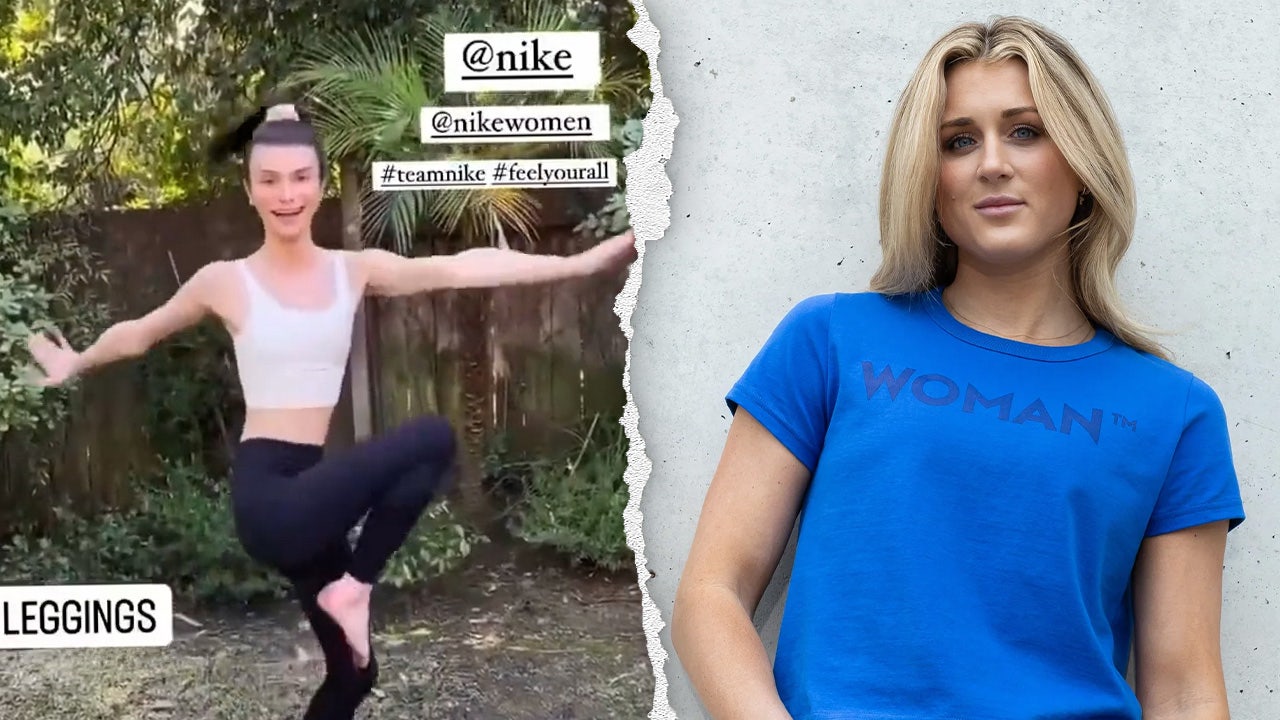




In recent years, there has been a growing trend of 'anti-woke' politics, which emphasizes opposition to left-wing ideologies and the perceived influence of corporations in enforcing a 'woke agenda'. Political strategist Saul Anuzis highlights the importance of challenging the status quo and warns against the woke politics of the left [af81f624]. He asserts that America is a center-right nation and urges people to fight for freedom, liberty, and tolerance [af81f624]. Similarly, Ted Cruz argues that major companies are aligning with left-wing politics and becoming the 'economic enforcement arm' for the left-wing agenda [ff762097]. He believes that the government should not force businesses to take political positions and criticizes the influence of the 'radical left' on major institutions in the US [ff762097].
The rise of 'anti-woke' politics has been accompanied by a call to hold corporations accountable for their perceived alignment with left-wing ideologies. Donald Trump Jr. and U.S. Rep. Jim Banks promote their brand of 'anti-woke' politics and encourage 'pro-America' shopping, criticizing businesses that support causes they perceive as anti-American [6a851ccc]. They express their desire to support small businesses that align with their values [6a851ccc]. Similarly, attendees at an Indianapolis town hall hosted by PublicSquare, a digital marketplace for conservative businesses and shoppers, express their desire to support small businesses that align with their values [6a851ccc].
The influence of corporations in enforcing a 'woke agenda' has faced criticism from politicians and the public alike. Bud Light's partnership with a transgender celebrity, for example, led to backlash and a drop in sales, highlighting the potential impact of corporate decisions on financial performance [ff762097]. Ron DeSantis, another politician, has also criticized 'woke' companies [ff762097]. The article raises questions about the government's role in regulating companies and preventing them from taking political positions [ff762097].
The concept of 'wokeness' and its historical roots in American culture and politics are discussed in an article by John G. Horton [6ef2bab4]. The article highlights the attempts to denigrate and erase the legitimacy of left populism, which focuses on issues such as corporate greed, progressive taxation, and affordable healthcare. It examines the shift in Barack Obama's rhetoric and the rise of right populism, which emphasizes ethno-nationalism and cultural war against 'wokeness' [6ef2bab4]. The article criticizes corporate-backed neoliberals for failing to distinguish between left and right populism and delegitimizing both [6ef2bab4]. It connects right populism to the southernization of the United States and the preservation of white Christian values [6ef2bab4]. The article argues that the 'war on woke' aims to indoctrinate young people and older voters into a right populist ideology based on corporate greed and white Christian nationalism [6ef2bab4]. It concludes by advocating for the revival of authentic left populism, which seeks to unite workers of all cultural groups to challenge corporate power and create a more equitable society [6ef2bab4].
The rise of 'anti-woke' politics and the influence of corporations in enforcing a 'woke agenda' have led to the growth of a parallel economy catering to conservatives and customers turned off by hyper-politicization among mainstream brands. Business executive Jennifer Sey launched the pro-female apparel company XX-XY Athletics in response to what she sees as disrespectful and aggressively left-wing advertising [1cd19d9b]. The advertising world has long skewed liberal, but the vitriol seen today has created market opportunities for conservative alternatives [1cd19d9b]. The parallel economy offers more options for consumers, with anti-woke coffee, clothing, cell phone service providers, and social media platforms emerging [1cd19d9b]. The popularity of polarized shopping varies, with some surveys showing an increase in desire for values-driven brands while others suggest Americans are burned out on companies taking controversial stands [1cd19d9b]. The term 'parallel economy' is disputed, with some feeling it dismisses legitimate businesses. However, proponents believe it could become the mainstream economy if successful [1cd19d9b]. The future of the parallel economy depends on the quality of its products and the ability to compete with mainstream brands [1cd19d9b].
Overall, the rise of 'anti-woke' politics, the influence of corporations in enforcing a 'woke agenda', and the growth of a parallel economy have become significant topics of discussion. The tension between left-wing ideologies and opposition to them, as well as the role of corporations in politics, are shaping the political landscape and public discourse in the United States. [af81f624] [ff762097] [6a851ccc] [6ef2bab4] [1cd19d9b]